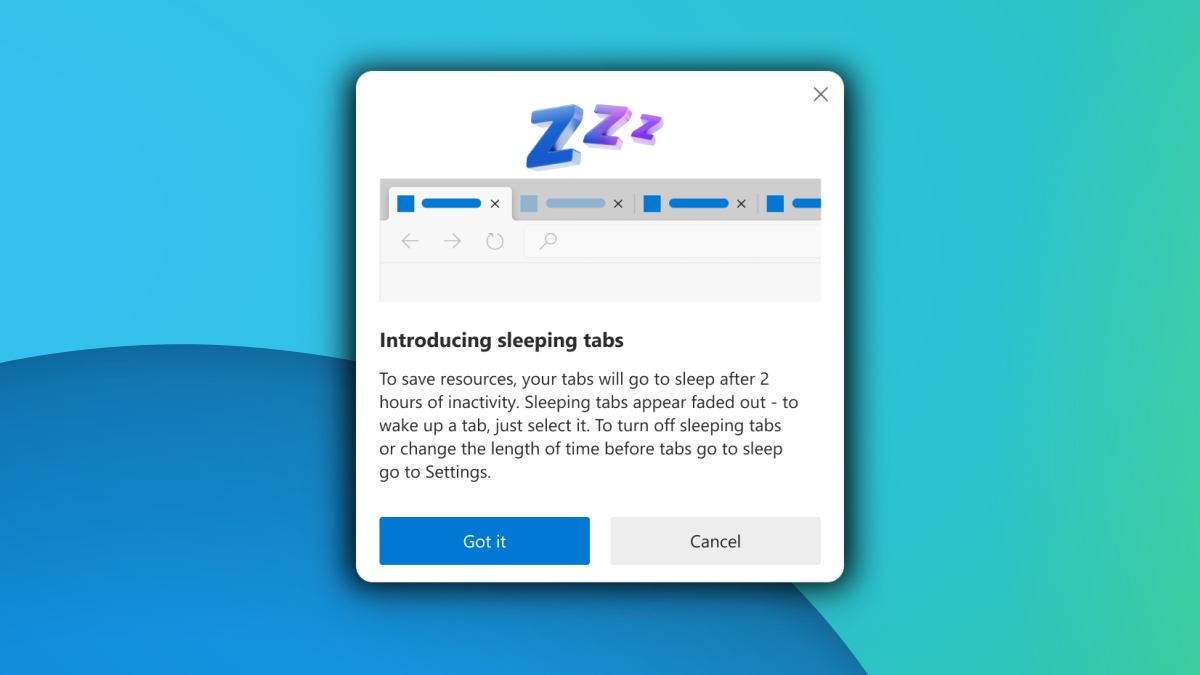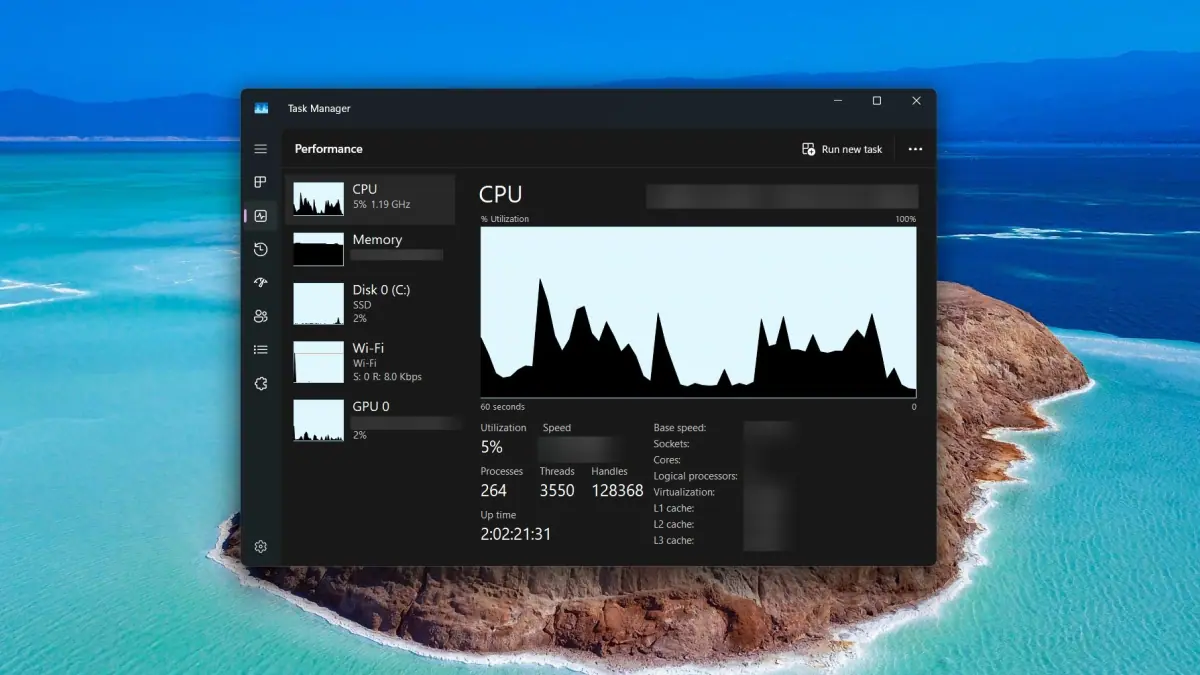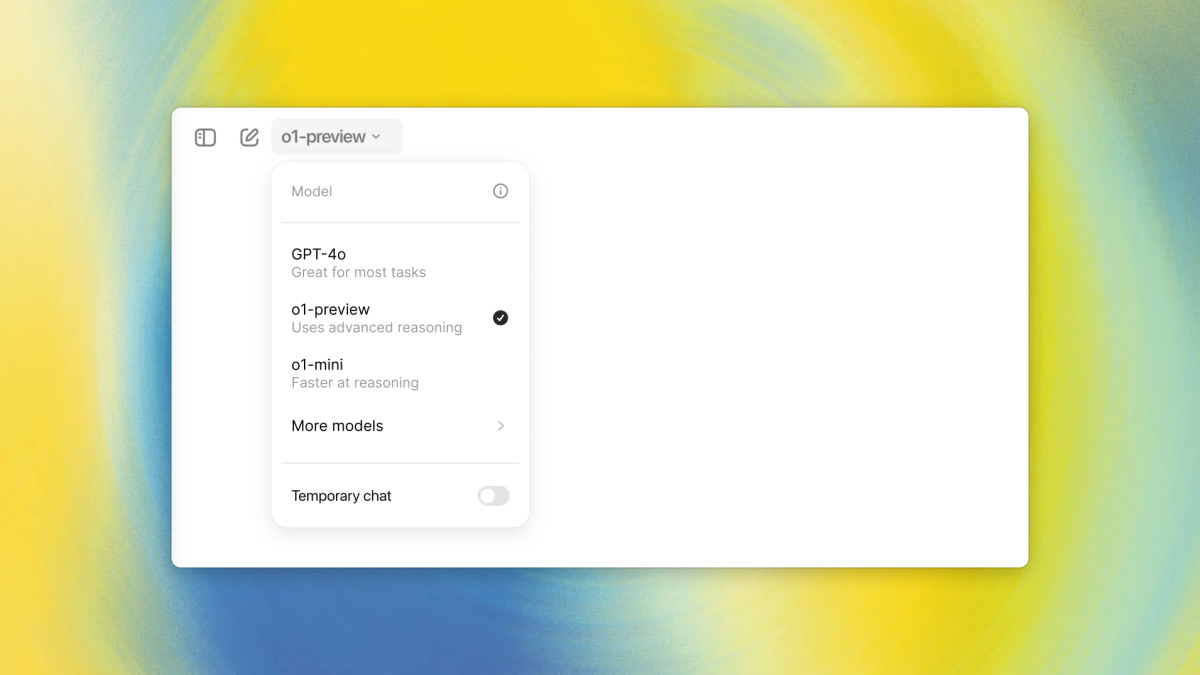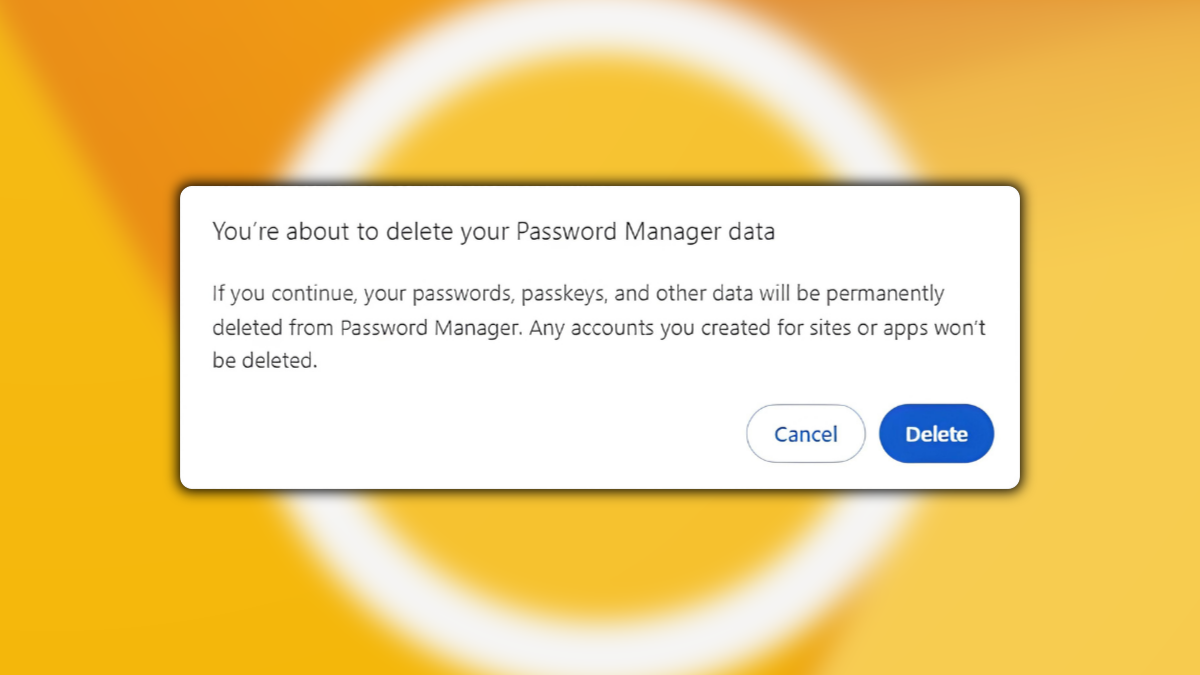Steve Ballmer – Apple, RIM niche, we don't want to be.
3 min. read
Published on
Read our disclosure page to find out how can you help MSPoweruser sustain the editorial team Read more
After the VC Summit yesterday Steve Ballmer was interviewed by Techcrunch on a variety of topics, including of course a Microsoft Phone.
As usual Microsoft denied any intention to do this, explaining they did not intend to become a successful niche OEM like Apple or RIM, but wanted to see their software on hundreds of millions of phones, rather than tens of millions.
See the relevant transcript below:
MA: It seems like a lot of people really like the Zune HD, it’s selling out. When you look at the Zune and the Xbox, you seem to be more than capable of creating, successful end consumer devices that are hardware tied to services. When do we get our Microsoft phone? I know you guys keep saying “We will not build a Microsoft branded phone…â€
SB: Well let me ask you a question. I’m going to answer your question with a question. Which is to say, look, lets just break hardware devices into two broad categories. Really high volume, and more niche. And I’ll call anything that’s under about 50 million a year niche. And I’ll call anything that’s north of 300 million a year non-niche. PC’s are not niche devices. Part of the reason I think they’re non-niche devices is, multiple people can manufacture them, they all interoperate, they work together, etc. TVs are not niche. You know, there’s more than well over 300 million of those sold a year. They interoperate in that case mostly based on standards, but with some innovation. Phones are not niche. The categories where, I think, a single player can control a large percentage of the volume are the smaller categories. What does Apple sell every year of iPods: 30 million, order of magnitude, something like that. What is the whole video game market is maybe 30 or 40 million in units a year. But when you get these categories that are 300 million, 500 million, a billion, a billion-five a year, the truth of the matter is you’re gonna want multiple points of manufacture, with a lot of innovation around it whether its supply chain, for geographic diversity, and our basic play with our software is to try and be super high volume. So I think you can have an Apple in the phone business, or a RIM, and they can do very well, but when 1.3 billion phones a year are all smart, the software that’s gonna be most popular in those phones is gonna be software that’s sold by somebody who don’t make their own phone. And, we don’t wan’t to cross the chasm in the short run and lose the war in the long run and that’s why we think the software play is the right play for us for high volume, even though some of the guys in the market today with vertically oriented solutions may do just fine.
One wonders if this is in part the reason for Microsoft’s two OS strategy and for the low hardware requirements of Windows Mobile 6.x – if Microsoft intends to sell Windows Mobile to be used on a large number of cheap low-power low-end smartphones they could really not demand every one of them run Tegra. However in this case it seems its a case of a long term strategy being a gigantic barrier to actual success, in the short term or even eventually the longer term.
In short, you will never win the war if you lose every battle along the way.









User forum
0 messages